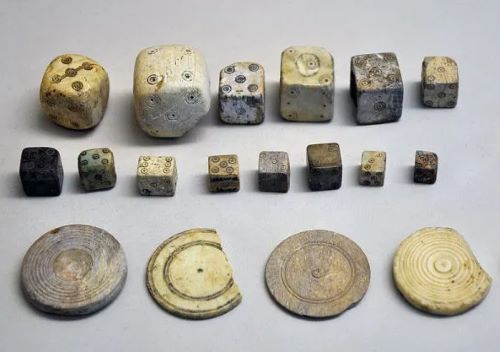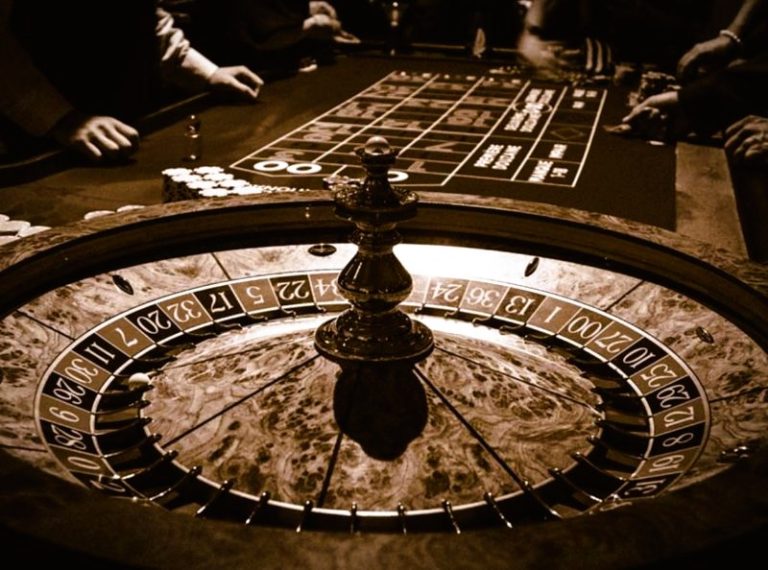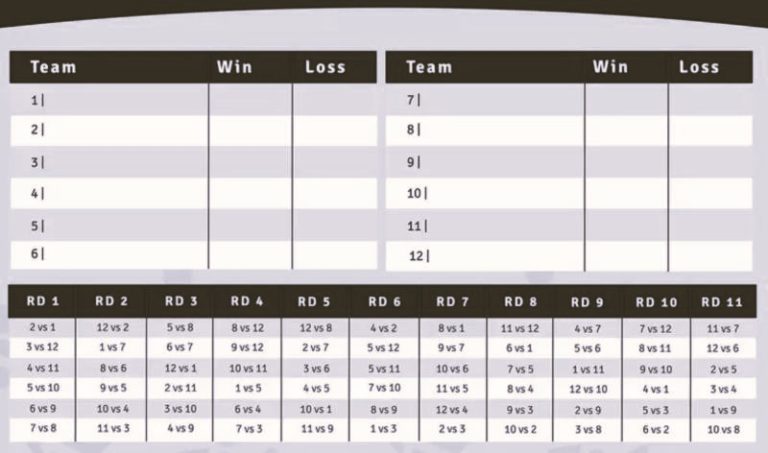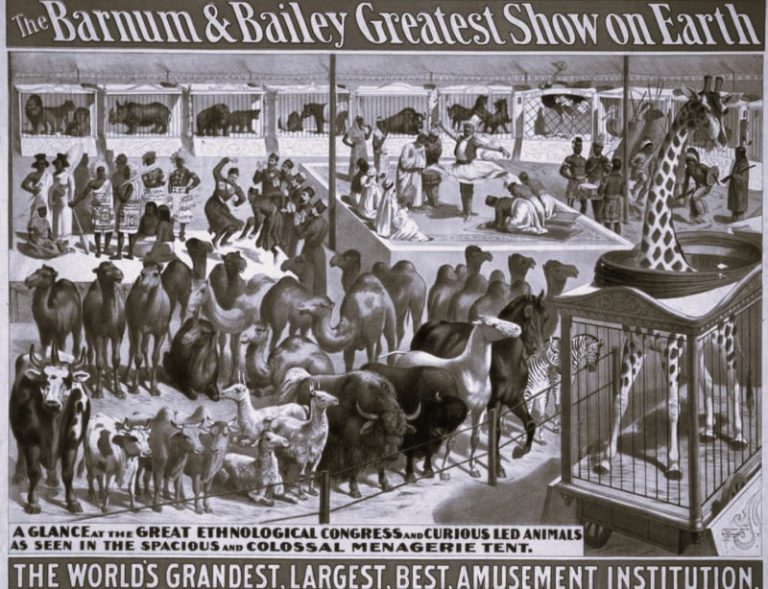

The gambling scene has come a long way from its rather humble beginnings, encompassing an impressive journey filled with technological developments, and innovative games, accompanied consistently by the thrill of testing out your luck and enjoying various games designed for that purpose.
Over the course of this development, the casino industry in particular has always represented the biggest pillar of the gambling world, establishing itself as a billion-dollar industry that we see today. Having access to several centuries of reflection and adaptation, as well as the modern-day tech that enhances the versatility and accessibility of casinos, the future looks even more promising.
Below we will briefly cover this evolution, and take some informed guesses on where the industry will end up in the near future.
The Hook of Gambling: The Origins
As mentioned, the human desire to test out luck seems to be quite strong and lasting, fueling the relevance of gambling throughout all of its history. To put things into perspective, this history is extremely long, with certain elements of gambling and RNG (random number generator) based games having existed since ancient civilizations.
This is proven by the existence of dice in civilizations such as Egypt, and Sumer, an object designed and used for the concept of random number generation, associated with various board games and gambling. Some of the first games that could be considered the earliest versions of gambling adjacent ones that we are familiar with today may be Senet (Egypt), Liubo (China), Tali, and Tesserae (Rome), all either based on dice or throwing sticks.
Of course, soon history saw the inception of card games, originating in China, and eventually finding their way around the globe, transcending the gambling scene and representing fun, both high and no-stakes games in addition. What truly brought a breakthrough into the gambling world though, is undoubtedly the introduction of casinos in 17th century Italy.
The Inception and Progression of Casinos
In the year 1638, one of the first casinos in the world called ‘the Ridotto’ was established in Venice, Italy. Despite trying to represent a controlled gambling environment to combat and curb illegal betting processes, the establishment went through many ups and downs, various conversations about the ethical side of its existence, and eventually was shut down in the year 1774, though of course casinos have continued in Italy and elsewhere to today’s online technology with Legiano.
Despite this, it served its role in history as a respectable starting point for the casino industry, staying true to the name of the said industry, derived from the Italian term “casa,” meaning house, reflecting the original purpose of these establishments as social gathering places.
Due to this respectable start, and the overall interest in gambling not dying out in 1774, despite the shutdown of ‘the Ridotto’, the casino industry eventually found its way into the US and experienced incredible growth through various iconic establishments. All of this took place mostly in the 20th century when some of the more iconic games were first created and later on, transformed/developed.
While technically first introduced in the 19th century, slot machines found their footing in the gambling scene in the 20th century, first through their mechanical and later on computer-based forms. Considering the massive influence and popularity the game has over the entire market nowadays, this was undoubtedly a huge step forward for the industry.
On top of slot machines, we also have the introduction of various other games, such as Craps, Blackjack, Roulette, and Bingo, all in the 20th century. There are also many popular poker variants created during that era, still utilized today, with online casinos truly democratizing the accessibility of these games – where you can now play Craps in Britain or Blackjack in Canada any hour of the day, from your couch.
The Digital Evolution and the Future of the Industry
The current state of casinos and the gambling world as a whole has been entirely changed by technological advancements, as have most things in general. The ability to enjoy an online casino for real money from the comfort of one’s home is pushing the market forward. And the additional perks of digital gambling, such as exciting bonuses, enchanting graphics, and cryptocurrency payments, add to the appeal of tech-driven gambling, which, rightfully so, has taken over the digital realm.
This phenomenon is observed through various gambling statistics and studies, which demonstrate a significant growth rate for the online section of the market, subsequently leading to the overall success of the industry as a whole. This growth rate is not just describing the current reality though, as it is projected to continue existing and expanding at a slow yet steady pace for the near future.
Pair this up with the potential implementations of Artificial Intelligence, Augmented Reality, or various other unique and interesting pieces of technology, and the future of the casino market is looking promising, at least from the monetary/revenue perspective. Of course, the conversations about the establishments are always going to be divisive, with people on both sides having passionate discussions. One thing that is for certain though, is the fact that the brief history we went over today has demonstrated the human desire and will try their luck despite the variables of the situation. This very desire is what allowed the gambling industry to survive for so long, and while it may not be present within everyone, it certainly exists within enough people to keep gambling afloat for the time to come.


